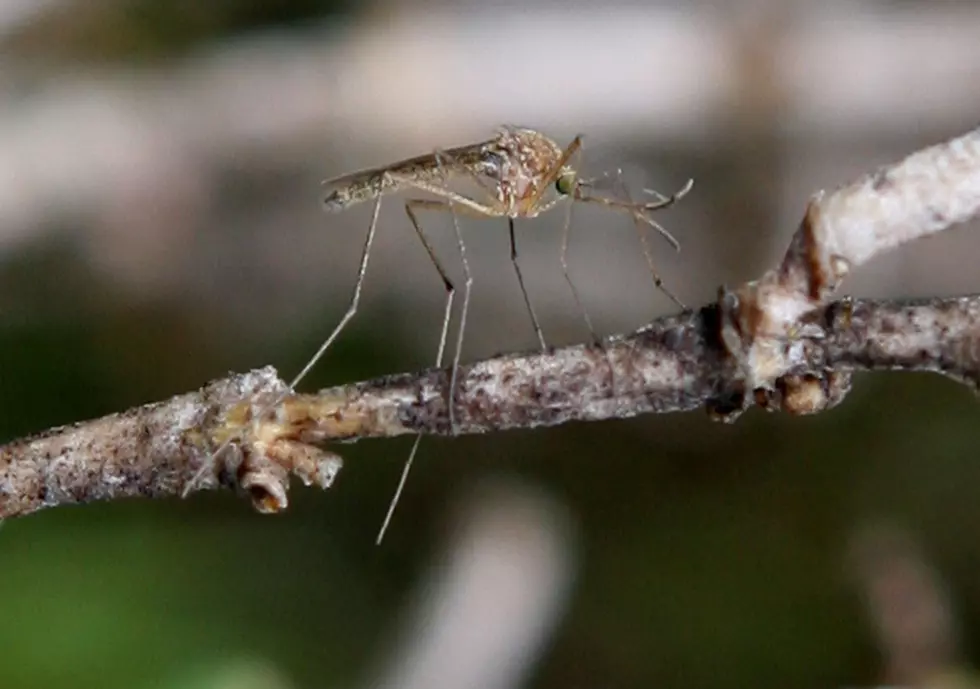
West Nile Now Detected in Weld, Could be Three Times Higher in 2021
'Those Culex are not cool,' should be the mantra this mosquito season, as those 'suckers' are the ones carrying the virus, and there are more of them this year.
Over the 4th of July weekend, I took a walk around Equalizer Lake and Signature Lake in Loveland (the Lakes at Centerra.) When I got home, I'd discovered that I'd gotten bit by mosquitos not once or twice, but upwards of 10 times on the leg that was closest to the water that day.
The next day, as friends pointed out how my mole-laden legs now also had a lot of bites on them, I joked that 'I now have West Nile.' It was a bad joke, West Nile is very serious, especially when you find out there are three times the usual amount of Culex mosquitos in the area this year.
9News reports that the first detection of West Nile in Colorado for 2021 was by the Weld County Department of Health & Environment (WCHE.) There have been no humans cases of the virus as of yet.
We've all noticed the increasingly hot weather and afternoon thunderstorms; according to the WCHE, those things factor into the increased number of Culex mosquitos (three times as many more than usual) in the area.
To avoid contracting West Nile, remember the for 'D's:'
- DRAIN. Drain standing water from pools, fountains, flowerpots, rain gutters, toys, etc,
- DUSK to DAWN. Limit outdoor activity during this time, when mosquitos are most active.
- DEET. Make sure you are using bug repellent that has DEET, though products that have picaridin, IR3535, oil of lemon eucalyptus, or para-menthane-diol are also effective.
- DRESS. Make sure you wear long sleeves and long pants and a hat if you are going to be in a mosquito-prone area.
According to the CDC, though many who contract West Nile won't have any symptoms. Roughly 1 in 5 will show moderate symptoms (Fever, headache, body aches, vomiting, diarrhea, or a rash) 1 in 150 will develop serious symptoms such as encephalitis.

Those over the age of 60 are at a greater risk of contracting the virus; it's best to stay vigilant.
Get more on the first detection of West Nile for the 2021 season from 9News HERE.



